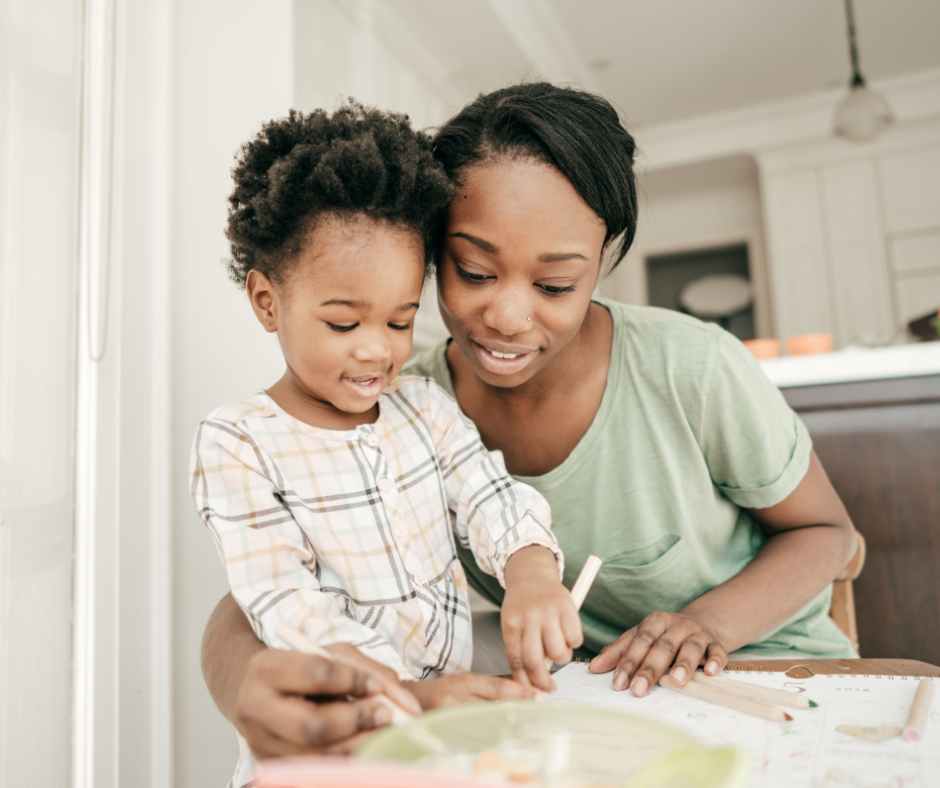Our moods don't just affect us—they ripple out and shape the world around us, especially for our children. As parents, we often focus so much on our kids’ well-being that we forget the most powerful tool we have to support them: our own emotional health. Parental Mental Health Let’s explore how parental mental health and …
Our moods don’t just affect us—they ripple out and shape the world around us, especially for our children. As parents, we often focus so much on our kids’ well-being that we forget the most powerful tool we have to support them: our own emotional health. Parental Mental Health
Let’s explore how parental mental health and child behavior are deeply connected—and what you can do to bring more balance into your home.
💡 The Parent-Child Emotional Mirror Parental Mental Health
Children are incredibly perceptive. Even from infancy, they pick up on our facial expressions, tone of voice, and body language. When we’re anxious, overwhelmed, or emotionally distant, they feel it—even if we don’t say a word.
Over time, these emotional cues can shape how our kids learn to regulate their own emotions. If they’re raised in a consistently calm and connected environment, they’re more likely to develop resilience and self-regulation skills. If the environment is unpredictable or emotionally tense, they may struggle with anxiety, tantrums, or behavioral issues.
🔄 The Stress Spillover Effect Parental Mental Health
When you’re exhausted, stressed, or burnt out, it’s harder to stay patient, consistent, or emotionally available. You might react instead of respond. You might withdraw. And while this is normal—every parent hits rough patches—it’s a signal that your emotional wellness needs care, too.
But here’s the good news: small daily resets and self-care habits can make a big difference.
🧘♀️ Daily Resets That Support Everyone
You don’t need hours at the spa. These quick shifts can help re-center you—and support your child at the same time:
- Take 5 mindful breaths before reacting to a tantrum.
- Use grounding phrases like “I’m safe, I’m calm” to anchor yourself.
- Step outside for fresh air, even if it’s just 3 minutes.
- Journal one sentence about how you’re feeling.
- Play calming music during stressful transitions (like bedtime or mornings).
- Apologize and reconnect if you lose your cool. This models emotional repair.
These tiny rituals aren’t just for you—they create a calmer home atmosphere that helps your child feel safe and seen.
👩⚕️ When to Seek Support
If you’re constantly overwhelmed, emotionally numb, or feeling like you’re “just getting by,” you’re not alone—and you don’t have to stay in that space. Talking to a therapist, joining a support group, or confiding in a trusted friend can lighten the emotional load.
Remember: prioritizing your mental health is a parenting strength, not a weakness.
🧡 Final Thoughts
Your mood matters because you matter. And the more grounded and emotionally well you are, the better you can show up for your child—not perfectly, but with presence and compassion.
So the next time you wonder how to help your child thrive, start with yourself. Because when wellness starts at home, everything else follows.





